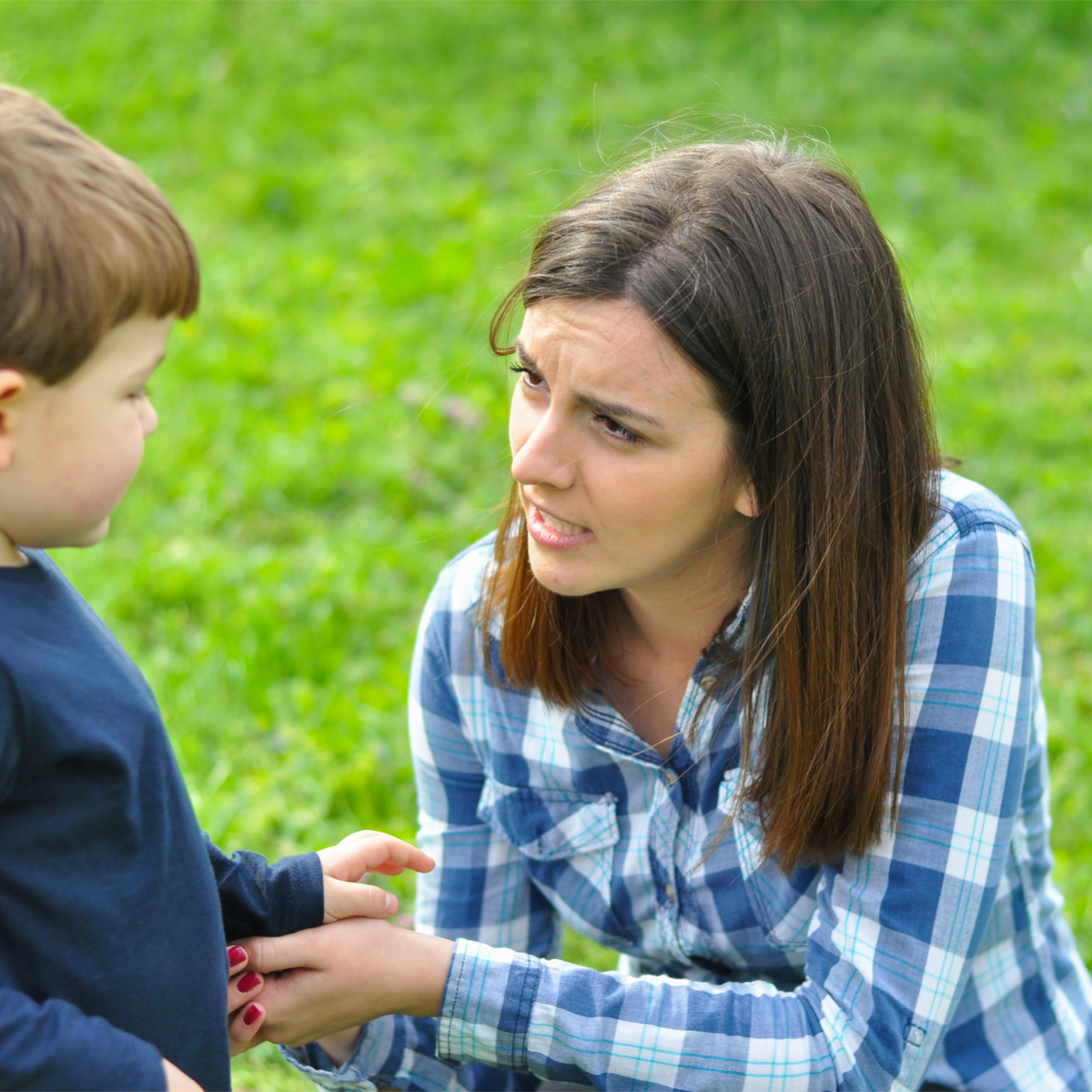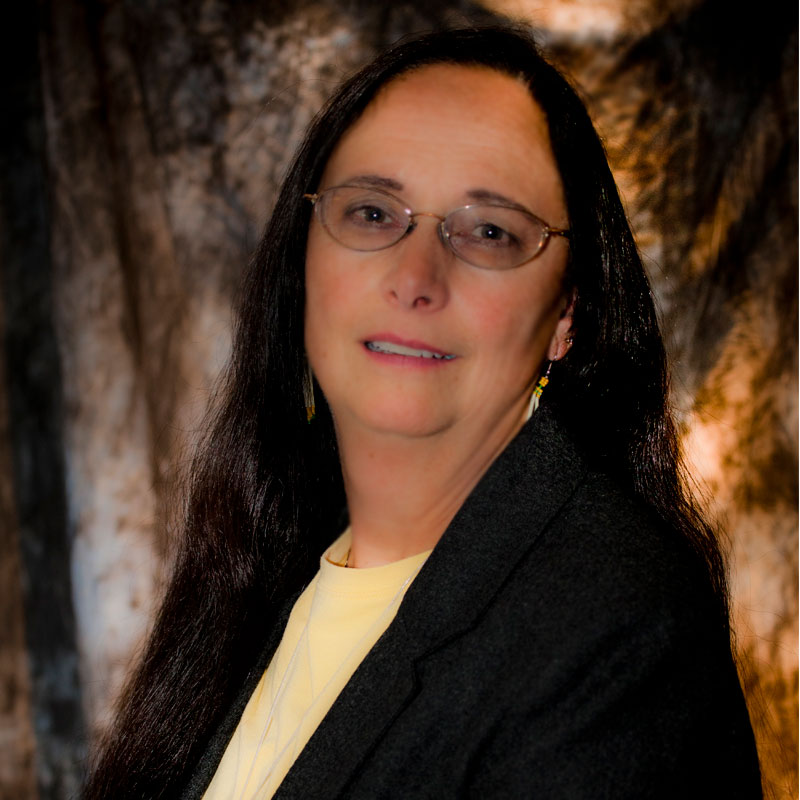Don’t Talk in Front of the Kids!

When a tragedy happens and the news is inundated with details of death, how much should the children be told? Death is a
difficult topic for many parents to discuss, so often the topic becomes “hush-hush” and the adults work very hard not to let
children know. However, most children read the tension in the home, actually pick up much of what is not being said, and
then if their questions are not answered, anxiety may accelerate.
Talking to children is very important. They may have an idea of what has happened,or even fears about how something can
happen to them or their family. Ask them what they know, what they have heard, and how they are feeling. At that point, you can then answer their questions, making sure to use language they can understand. Asking children what they think other children thought or felt is often a good way to get them to identify their own feelings. Parents should be aware of children developing anxiety and provide information and reassurance about safety and security. Many children will need extra time and even extra physical closeness with adults following a crisis or a death.
Children will often talk about death in spurts, sporadically, and for short amounts of time. They may throw out a comment; parents should address the comment at that time, but let the child lead into the discussion. It can also be reassuring to children to actually see their parents grieve, and children should be validated for sharing their feelings.
Children may also “play act” out what they know about the tragedy; parents should not interfere or redirect. Offering them modes of expression, such as art materials or the opportunity to write what they know or feel may help them return to their normal routine.
Children may struggle to return to their routine and may have some acting-out behaviors, many of which may even be regressive. Their anxiety may appear in a resurgence of bed wetting or nightmares, fear of the dark, or behaviors of times when they were younger. There may also be bouts of anger, even aggression, and some children may struggle to modulate their feelings. Children may also report some physical reactions such as stomach aches or other illnesses. Loss of focus and concentration may also be evident, and parents may even note that some children seem to feel a sense of responsibility. Parents should carefully monitor the reactions, gently helping the children to accept their sadness. Adults often shy away from talking to kids about death, using phrases such as “passed away” or “gone on to somewhere better”. Instead it is better to use the direct terms (died, death) and be honest in the answers. Children will appreciate the directness and honesty and it will reinforce their sense that adults are in control.
Often reactions happen later. Immediately following a death, people can be in shock; the reality may not be apparent for several weeks. Since people grieve differently, some may show anger, some tears, some become more anxious, and some may not show any reaction at all. All of those are okay and should be validated. Encourage children to ask questions of an adult at any time; listen to them then when they do talk.
While media coverage can be helpful, it can also be overwhelming for a child. As the scenes are shown over and over, first a sense of heightened anxiety and then numbness can be a result. For that reason, limiting a child’s exposure to the incidents on TV should really be enforced.
As a parent helps direct a child through the grieving process, he/she should also be aware of his/her feelings. Taking care of oneself is as important during this process as is taking care of the children’s needs. Processing with another adult, honoring your own feelings, and allowing time to grieve are all necessary for parents too. Literature from a therapist, a school counselor, or information available on the Internet can all serve to guide a parent. An excellent reference is Healing the Grieving Child’s Heart: 100 Practical Ideas for Families, Friends, and Caregivers by Dr. Alan Wolfelt. Also children’s books such as Badger’s Parting Gifts by Susan Varley can help the parent broach the subject. Death and dying are difficult topics and when children are involved, parents tend to want to protect their own. But be honest with them, talk to them, listen to them, and help guide their grieving and healing with your presence.
Works Cited
Varley, Susan, (1984) Badger’s parting gifts. Lothrop, Lee & Shepard: New York.
Wolfelt, Dr. Alan. (2001) Healing the grieving child’s heart: 100 practical ideas for families, friends and caregivers. Companion Press: CO.
Tags: grief and children, how to talk to your child about grief, how to talk to your child when tradegy happens, keeping the routine for childrenABOUT THE AUTHOR

Deb England
Licensed Independent Mental Health Practitioner
Licensed Professional Counselor
Advanced Clinical HypnoTherapist- Deb England began working part-time for Wholeness Healing Center in September 2004 and began full-time in May 2005. Deb practices primarily in the Broken Bow office and one day a week in the Grand Island office. Previously she had completed her practicum and internship at Morning Star Alliance, working in the Broken Bow and Grand Island offices.
LATEST ARTICLES BY Deb England
Subscribe today
Sign up to receive the latest mental health tips and inspiration